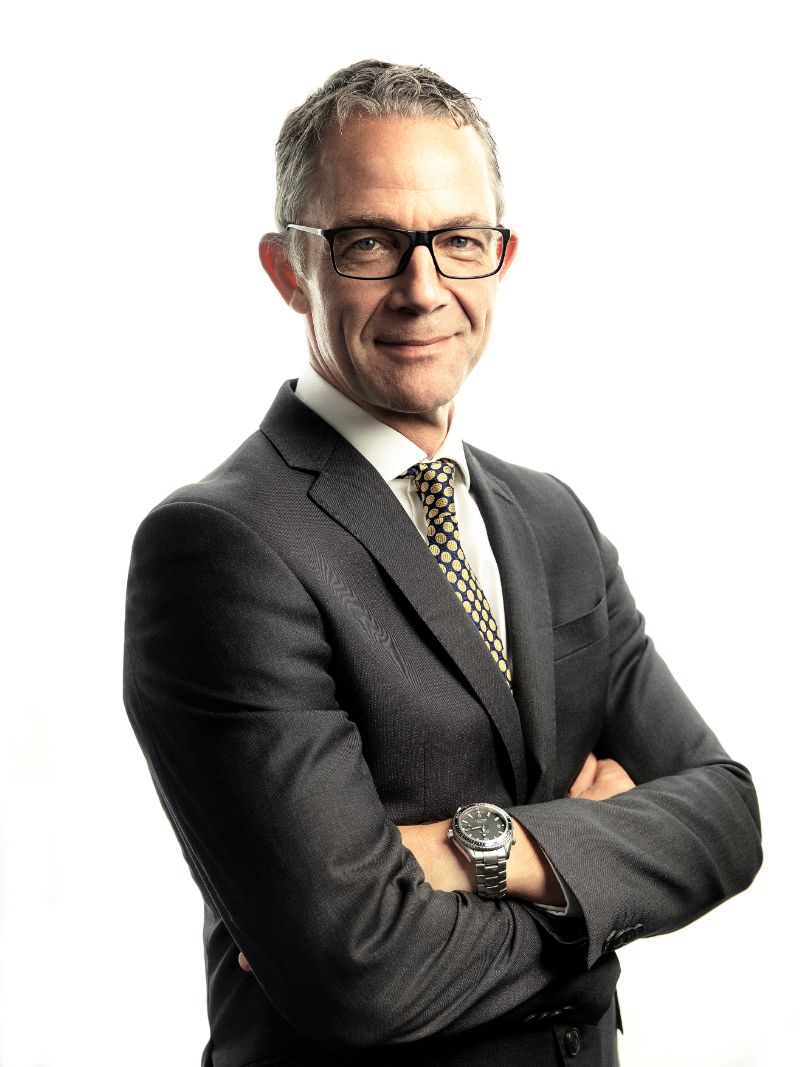

Shipping needs “one voice” to represent it globally and enable the maritime community to communicate more effectively with regulators, says Mark O’Neil, President of shipmanagement association InterManager and CEO of Columbia Shipmanagement.
As the industry builds up to the vital COP26 environmental world discussions in November, Mr O’Neil urged it to capitalise on the co-operation achieved in collectively working to tackle the challenges presented by the Covid-19 pandemic, in order to address other global issues.
Speaking during the International Shipowning and Shipmanagement Summit, held during London International Shipping Week (LISW21), Mr O’Neil proposed the creation of an ‘International Maritime Committee’ (IMC) comprising representatives from all maritime sectors with a presidency rotating between member organisations. He recommended this IMC would collate all relevant views and opinions from within the various, diverse maritime sectors, presenting the results of informed industry debate to governments making decisions which will impact how shipping operates in the future.
“I do think as an industry there is a crying need for greater collaboration between those bodies that govern the various aspects of the industry,” he stated.

Mark O’Neil, InterManager President and CEO of Columbia Shipmanagement .
“We need to influence the debate when it comes before the governments who decide. At the moment we have various bodies all doing their part for their members but those members representing only a part of the industry. We need our industry views put across in a single voice.”
Pointing out that the International Maritime Organization (IMO) is a regulator not a lobbyist, Mr O’Neil said: “IMO does its job very well but it is not the voice of shipping nor was it ever intended to be.”
Declaring that shipping had too often been late to discussions and the ‘Johnny-come-lately’ of international debate, he commented: “Shipping is a long-term investment industry and it cannot operate on knee-jerk, populist policies otherwise investors will go elsewhere.
Act now, he advised, “otherwise shipping risks losing its long-standing elevated status within the overall logistics chain.”
Source: InterManager